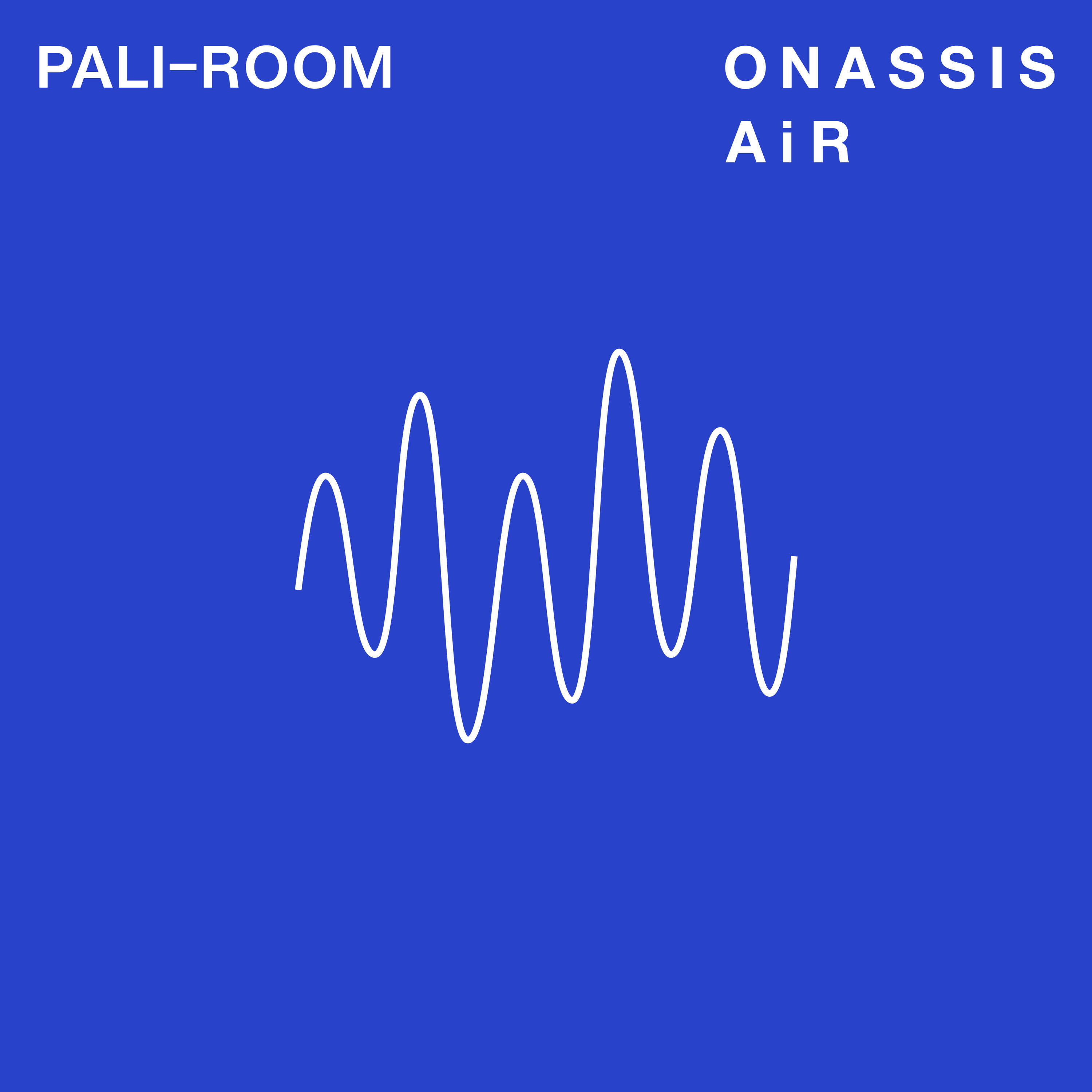A conversation with Saba Khan
In this series of recorded encounters we speak with the participants of Onassis AiR to shed light on their artistic practices and needs, as well as to reflect on ways of being and working together. This afternoon, I am very happy to welcome Saba Khan, a visual artist from Lahore, Pakistan. Through her work that includes painting, sculpture, photography and installation, Saba balances grandeur, artifice and satire in order to address environmental as well as sociological issues related to her country's complex colonial past. Between 2014 and 2020, she was running the Marine Museum artist, residency and artist led initiative in a British Colonial Hill town, and in 2019, she founded the satirical artist collective Pak Khawateen Painting Club. In June 2022, Saba conducted a one-month research in Athens as part of the Onassis AiR Tailor-made Fellowships program. In this conversation, we draw from her individual, as well as her collective practice, to discuss about her research into the notion of Third World modernism.

